In the private sector, lawyers can practice on their own but can also associate with other lawyers. Lawyers who associate to practice together form law firms.
Most firms take on clients and cases that will pay their fees. However, there is a subset of firms, known as public interest law firms, whose primary mission is to assist underrepresented people or causes. These firms often focus on employment discrimination, criminal defense, environmental law, and disability rights. More information on is available in the Private Public Interest and Plaintiffs' Firm Guide.
Law firms come in all shapes and sizes. The largest types of law firms involve thousands of lawyers and have offices all over the world. Other firms are mid-size and may operate out of a single office or regionally. Large and mid-sized firms tend to be "full-service" law firms. This means that they provide a one stop shop to fill the spectrum of client needs from, for example, Antitrust to Workers’ Compensation. To provide a full range of services, large and mid-size firms are usually subdivided into departments or practice groups, such as the Employment and Labor group or the Healthcare group.
Most lawyers who practice in law firms, however, do so in smaller firms that tend to range from 2-20 lawyers. These lawyers typically structure these smaller firms either as a general practice firm or as a specialty boutique law firm. A general practice firm provides for wide areas of representation tailored to individual needs, such as criminal work, family law, wills and estates, general litigation, and small business formulation. A specialty boutique firm, on the other hand, usually consists of a group of lawyers who have established themselves in a certain area, for instance Tax, and choose to work together.
Lawyers who practice in law firms, whether large, mid-sized, or small, usually practice in one of two primary roles—partners and associates. As with any partnership, a partner is an owner whose compensation is based on the profits of the firm. Typically, partners vote on the more significant partnership issues, such as adding new partners or adding new offices. Associates are typically hired with the goal of becoming partners in the law firm, although each law firm has different requirements for associates to become partners. Associates are paid a salary. Some firms also have other categories, such as "of counsel," which means that the lawyers are employed by the law firm but not on a partnership track.
Courses
Courses designated as "primary" are foundational, while those listed as "secondary" contain relevant and related content. "Co-curricular" courses are credit-bearing extra-curricular activities, while "experiential" courses are practice-based offerings. Please keep in mind that the focus of any course will vary depending on the instructor.
Primary Courses
Secondary Courses
Experiential Courses
Faculty
The following faculty are knowledgeable about the topic and may be a useful resource for you.
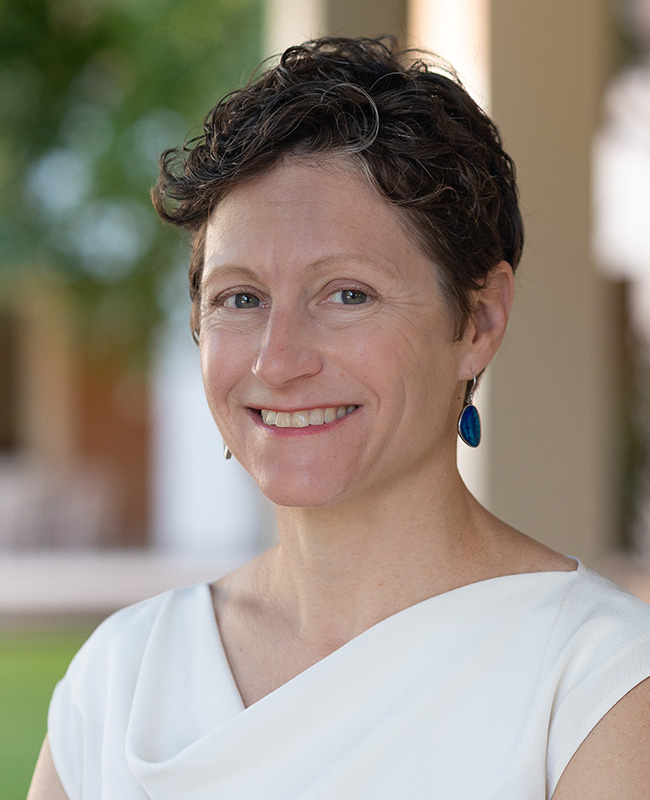
Associate Professor of Law

Reference Librarian
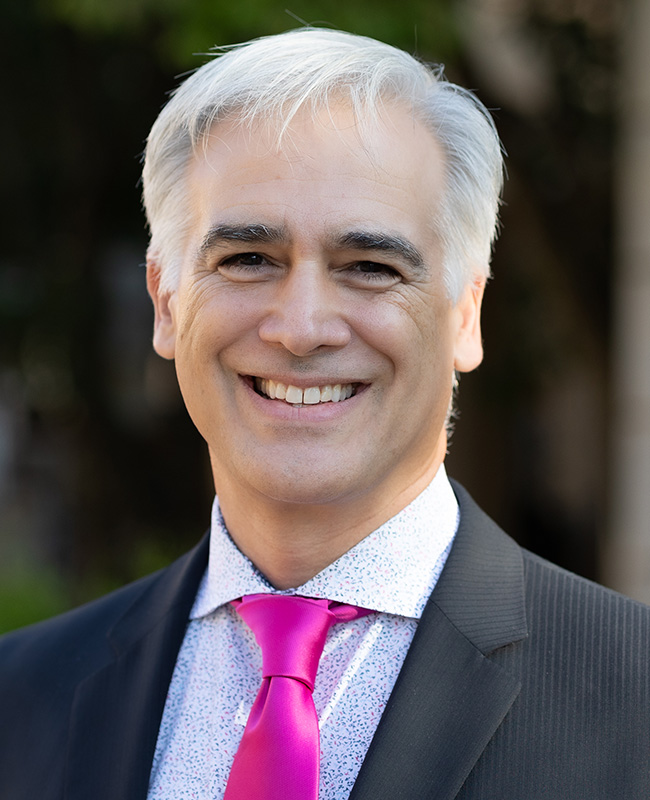
Judge Donald L. Smith Professor of Law
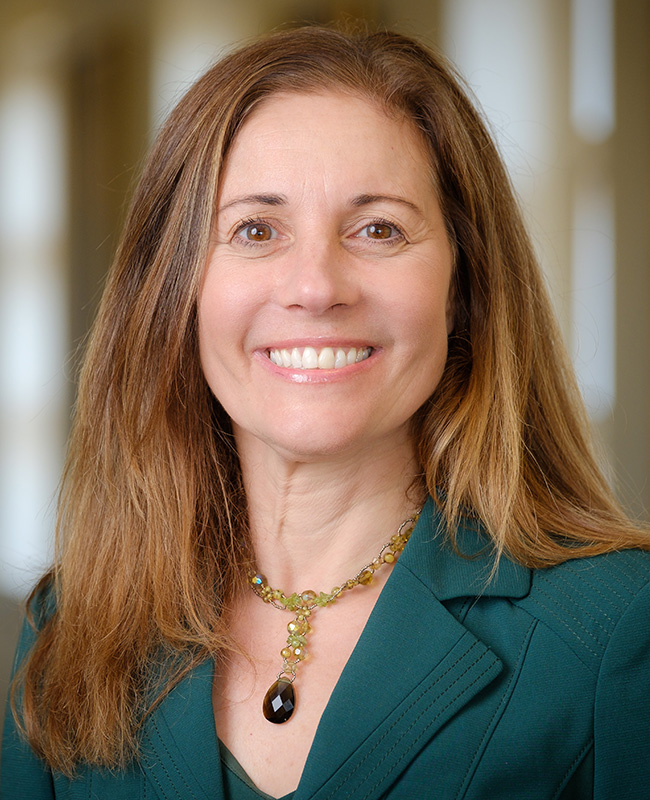
Professor of Law

Bess and Walter Williams Professor of Law
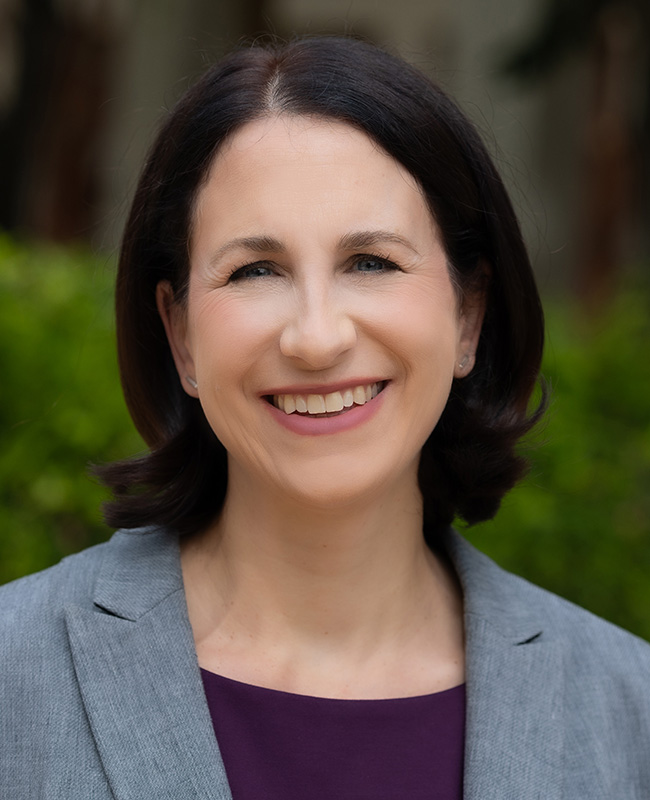
Professor of Law

Professor of Legal Writing
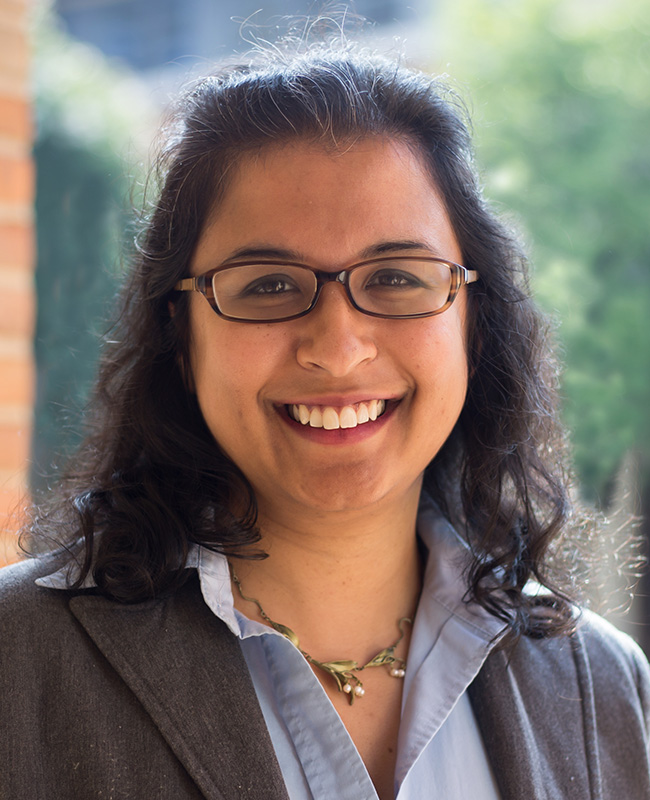
Professor of Practice

Reference Librarian
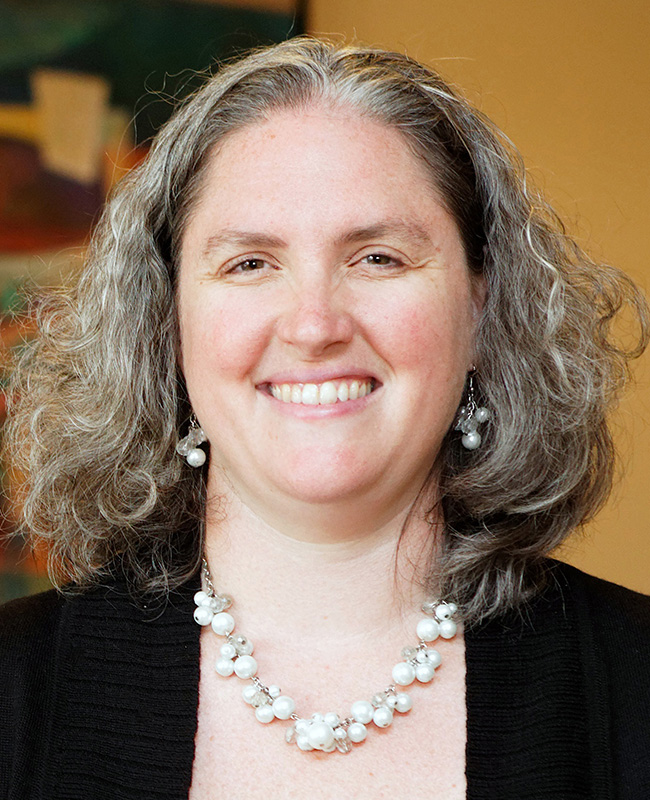
Reference Librarian

Dean
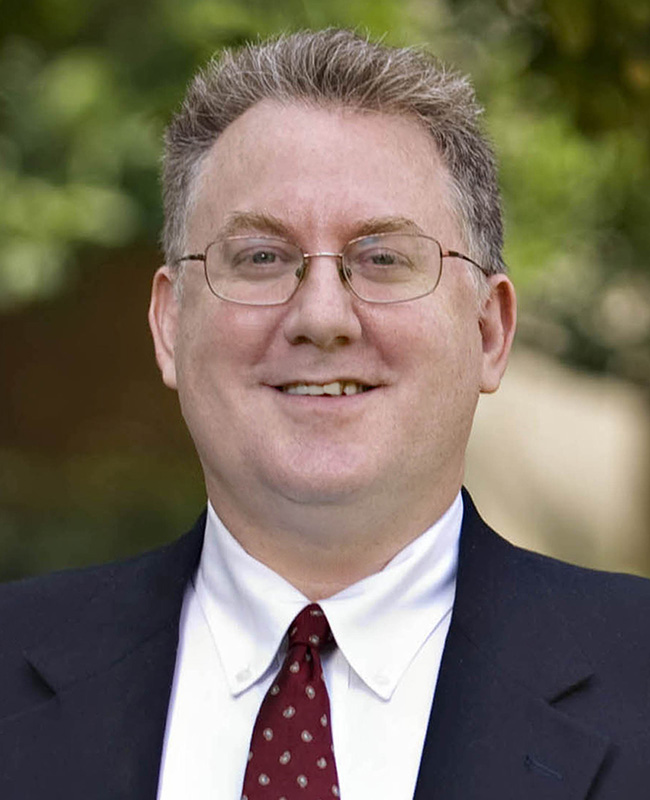
Professor of Law

Henry C. Lauerman Professor of International Law

Associate Professor of Legal Writing

Professor of Law
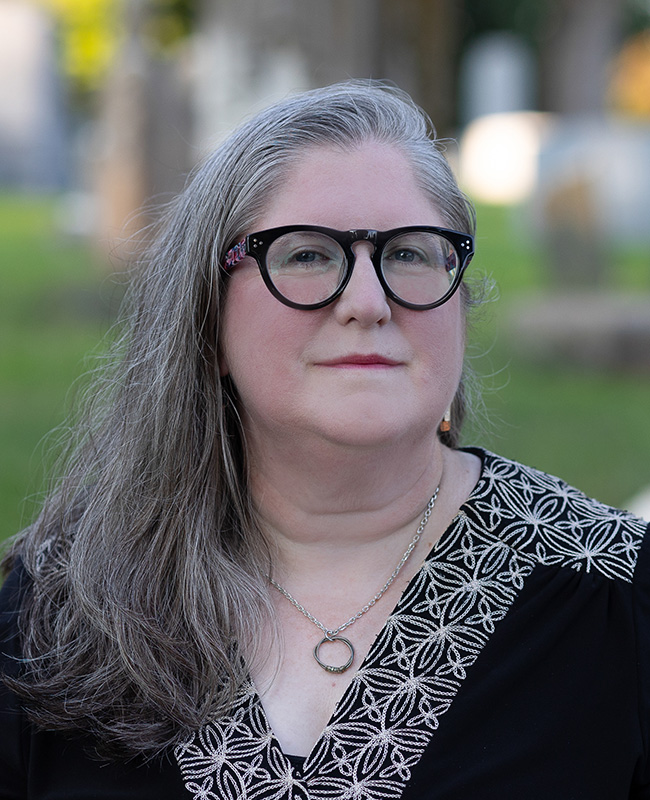
Professor of Law

Professor of Practice

Professor of Law

Professor of Practice

Professor of Law

Professor of Law
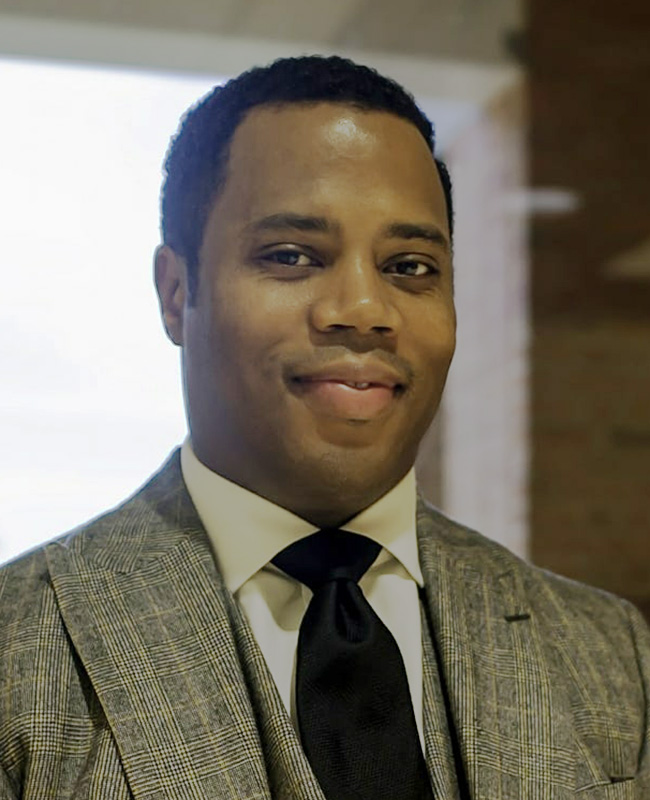
Professor of Law
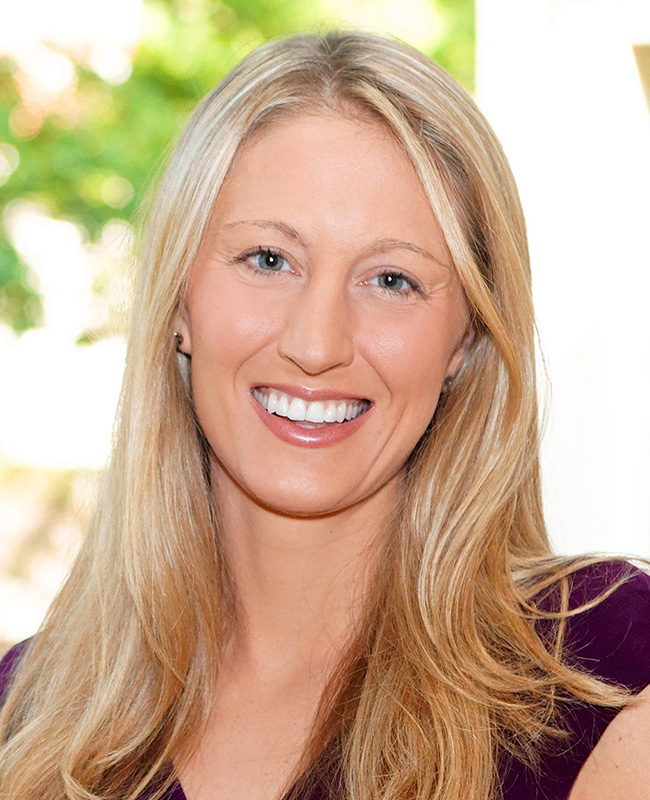
Professor of Law

Clinical Professor of Law
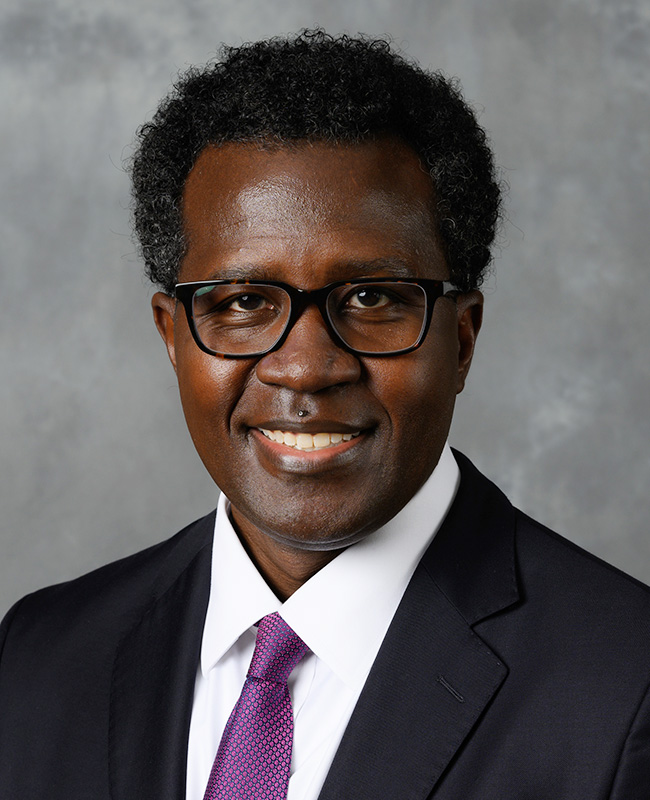
Professor of Law

Clinical Professor of Law

Professor of Law

Associate Professor of Law

Professor of Practice

Professor of Law

Professor of Law

Clinical Professor of Law